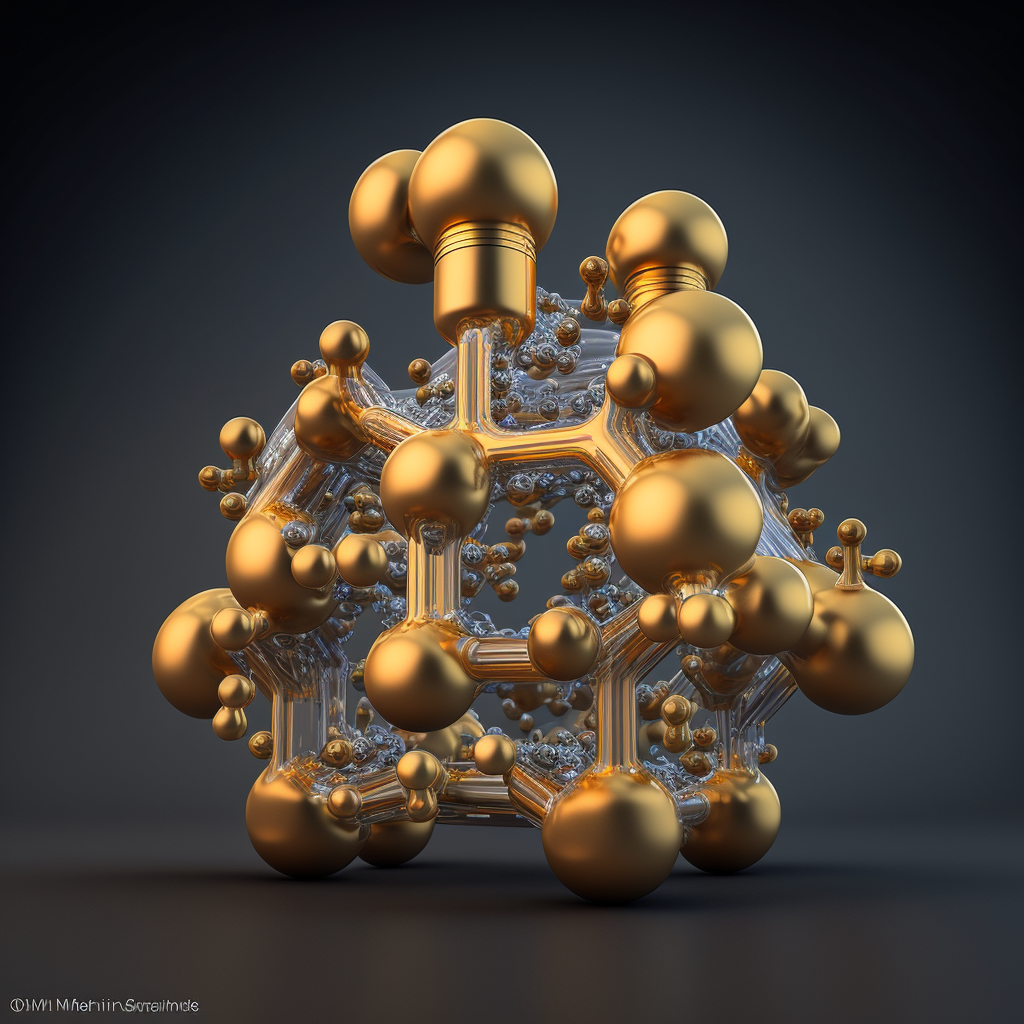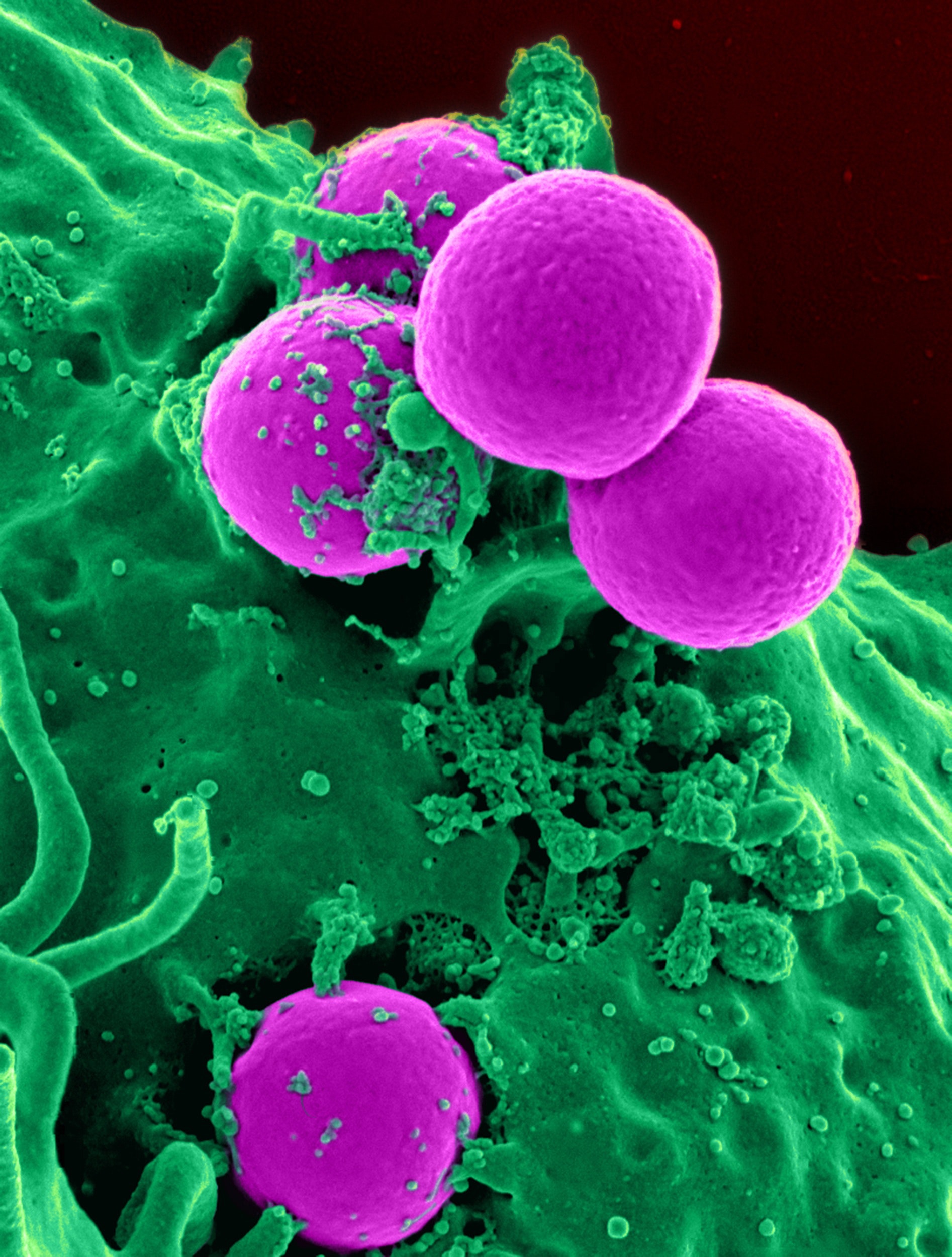
Understanding Autism: A Neurodevelopmental Perspective Autism, a prevalent neurodevelopmental disorder, significantly impacts communication, social interaction, and behavior. In the United States alone, approximately 1 in 54 children is diagnosed with Autism, signaling a rising trend in its prevalence. Despite its increasing recognition, the complexities of Autism, encompassing its causes and risk factors, remain a mystery to many. Unraveling the intricate web of genetic and environmental contributors to Autism is crucial for better understanding and managing this condition.
Scientists may have identified a gene that causes severe Autism in women.What are the causes of Autism?
Genetic Factors and Autism
Research in the field of neurodevelopment suggests a significant role of genetics in Autism’s emergence. While the genetic landscape influencing Autism is complex and diverse, it’s becoming increasingly clear that a combination of various genes, along with environmental factors, shapes the likelihood of Autism in an individual. This intricate interplay makes it challenging to pinpoint a definitive genetic marker for Autism diagnosis or to predict an individual’s risk accurately. Ongoing studies are crucial for deepening our understanding of the genetic dimensions of Autism.
Vaccines and Autism
The scientific consensus firmly states that vaccines do not cause Autism. Extensive research and studies have consistently debunked the myth linking vaccines to Autism, emphasizing that no credible evidence supports this claim. Vaccines remain integral to public health, playing a critical role in preventing infectious diseases. Their safety and effectiveness are well-established, making them vital for public health.
Parenting and Autism
Contrary to some misconceptions, Autism is not a consequence of parenting style. This complex neurodevelopmental disorder stems from a blend of genetic and environmental influences, with no substantiating evidence linking it to parenting practices. It’s crucial to acknowledge that Autism’s origins are multifaceted, and parents of children with Autism are not responsible for the condition. Understanding the actual causes of Autism, still a subject of extensive research is vital for dispelling myths and providing accurate information.
Brain Development and Autism
Emerging research suggests a significant link between atypical brain development and Autism. Characterized by distinct structural and functional brain differences, Autism presents a unique neurodevelopmental profile. Advanced imaging techniques, like MRI, reveal that the brains of individuals with Autism may differ in organization, size, shape, and function from those without the disorder. However, the precise relationship between these brain differences and Autism’s symptoms is still being explored, necessitating further research for deeper insights.
Autism and Immune Deficiency
While Autism itself is not a direct cause of immune deficiency, it is not uncommon for individuals with Autism to experience immune-related health issues, such as allergies or autoimmune disorders. These associated conditions are distinct from Autism, each with its own symptoms and treatment approaches. Comprehensive medical care and adherence to healthcare advice are essential for managing the health of individuals with Autism, particularly those with co-occurring immune-related conditions.
Food Allergies and Autism
Current research does not support a causative link between food allergies and Autism. While some individuals with Autism may also have food allergies, these are separate conditions with different underlying causes. Food allergies result from immune reactions to specific food proteins, whereas the causes of Autism are more complex and less understood. Those with Autism and concurrent food allergies need to receive regular medical care and follow healthcare guidelines for overall well-being.
F.A.Q
Is Autism due to bad parenting?
No, Autism is not due to bad parenting. Autism is a complex neurodevelopmental disorder that is caused by a combination of genetic and environmental factors. The exact causes of Autism are poorly understood, and there is no evidence to suggest that lousy parenting plays a role in developing the condition. However, it is essential to remember that Autism is not the result of any one factor and that parents of children with Autism are not to blame for their child’s condition.
Does Atypical brain development cause autism?
Yes, research suggests that atypical brain development may play a role in the development of Autism. Autism is a neurodevelopmental disorder characterized by differences in the structure and function of the brain. Studies using imaging techniques such as magnetic resonance imaging (MRI) have shown that the brains of individuals with Autism may be differently organized and may have differences in the size, shape, and function of various brain regions compared to typically developing individuals. However, the exact relationship between atypical brain development and the symptoms of Autism is not well understood, and more research is needed in this area.
Does Autism Cause Immune Deficiency?
There is no evidence to suggest that Autism itself causes immune Deficiency. However, some individuals with Autism may also have immune-related health conditions, such as allergies or autoimmune disorders. These conditions are separate from Autism and can have unique symptoms and treatment plans. Therefore, it is essential for individuals with Autism and any co-occurring conditions to receive regular medical care and follow their healthcare provider’s advice for managing their health.
Does food allergy cause Autism?
There is no evidence to suggest that food allergies cause Autism. Autism is a complex neurodevelopmental disorder that is caused by a combination of genetic and environmental factors. While some individuals with Autism may also have food allergies, the two conditions are separate and distinct. Food allergies are caused by an immune system reaction to specific proteins in food, while the causes of Autism are not well understood. It is essential for individuals with Autism and any co-occurring conditions, including food allergies, to receive regular medical care and follow their healthcare provider’s advice for managing their health.
What exactly is the cause of Autism?
The exact cause of Autism is not known. Autism is a complex neurodevelopmental disorder thought to be caused by a combination of genetic and environmental factors. Researchers are currently working to understand the causes of Autism better and to develop effective treatments for this condition. However, at present, the specific genetic and environmental factors that contribute to the development of Autism are not well understood, and more research is needed in this area.
Conclusion: The Enigma of Autism’s Cause
The quest to fully understand Autism’s cause remains ongoing. As a complex neurodevelopmental disorder, Autism is believed to arise from a mix of genetic and environmental elements. The scientific community continues to investigate the specific factors contributing to Autism, aiming to develop more effective treatments. Presently, the detailed genetic and environmental contributors to Autism’s development are still being unraveled, underscoring the need for continued research in this critical area.
References:
- Centers for Disease Control and Prevention. (2020). Data and Statistics on Autism Spectrum Disorder. https://www.cdc.gov/ncbddd/autism/data.html
- National Institute of Mental Health. (2019). Autism Spectrum Disorder. https://www.nimh.nih.gov/health/topics/autism-spectrum-disorders-asd/index.shtml
- Autism Speaks. (n.d.). Causes. https://www.autismspeaks.org/causes-autism